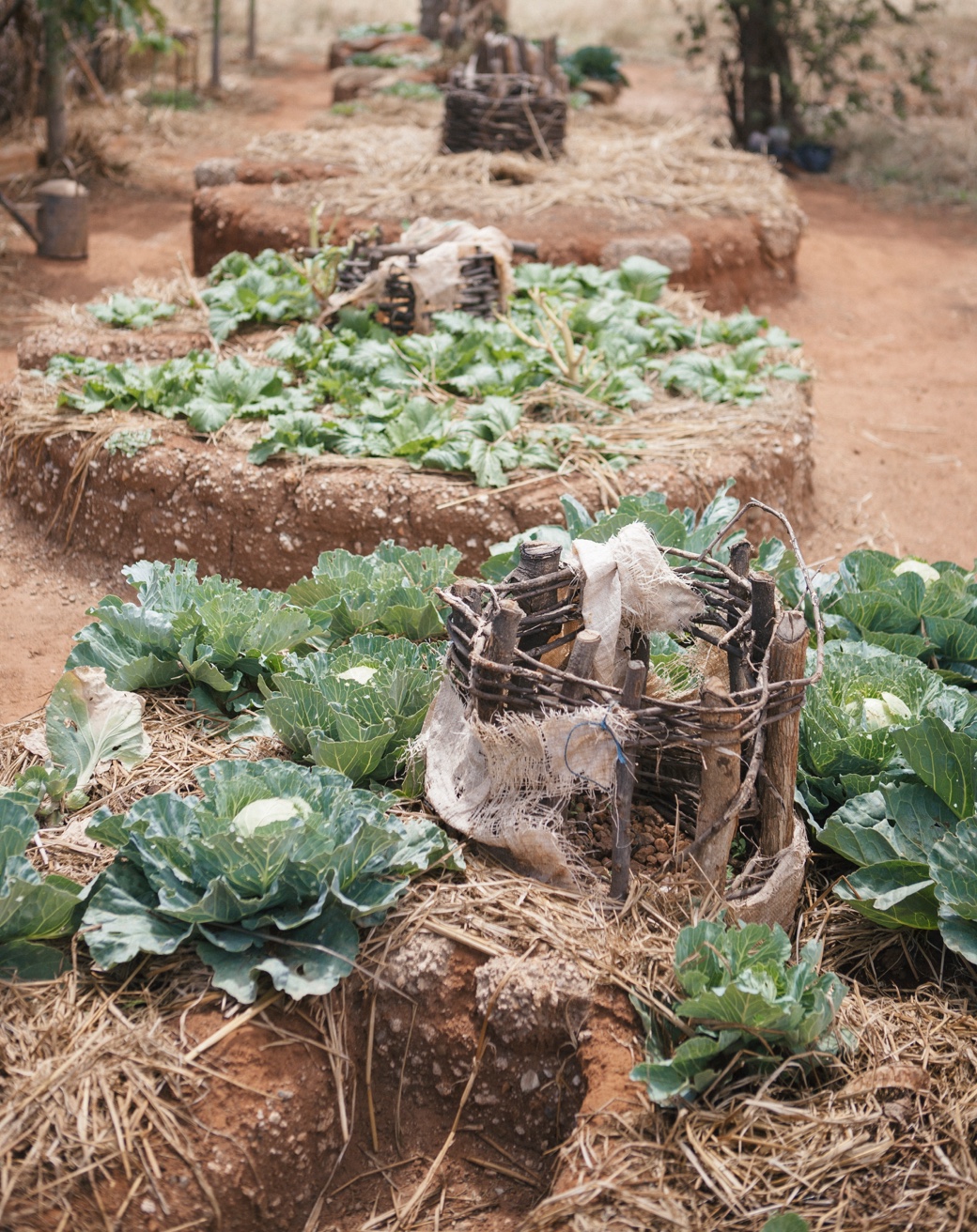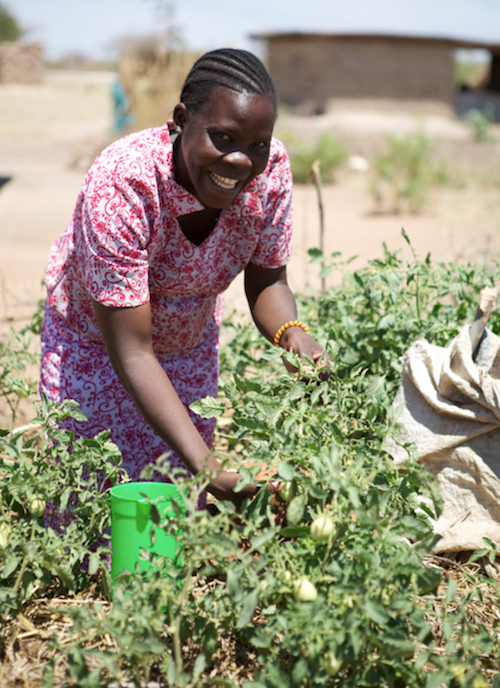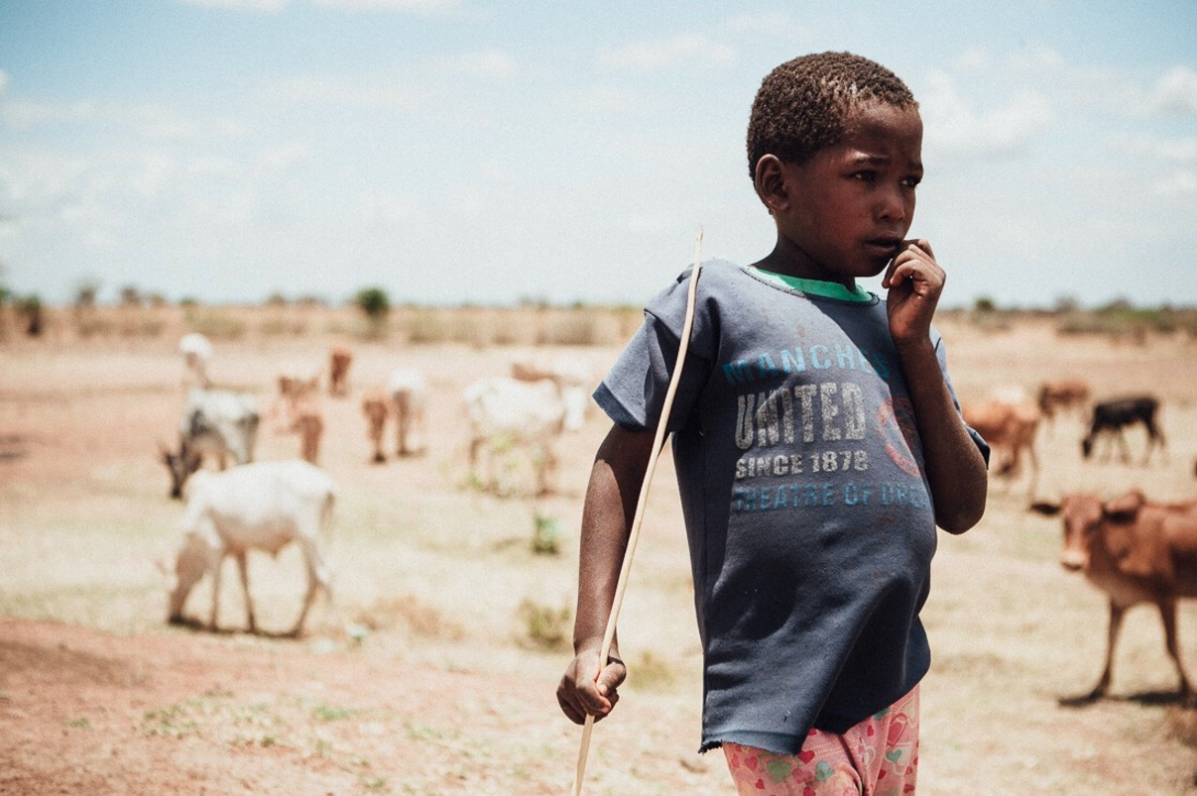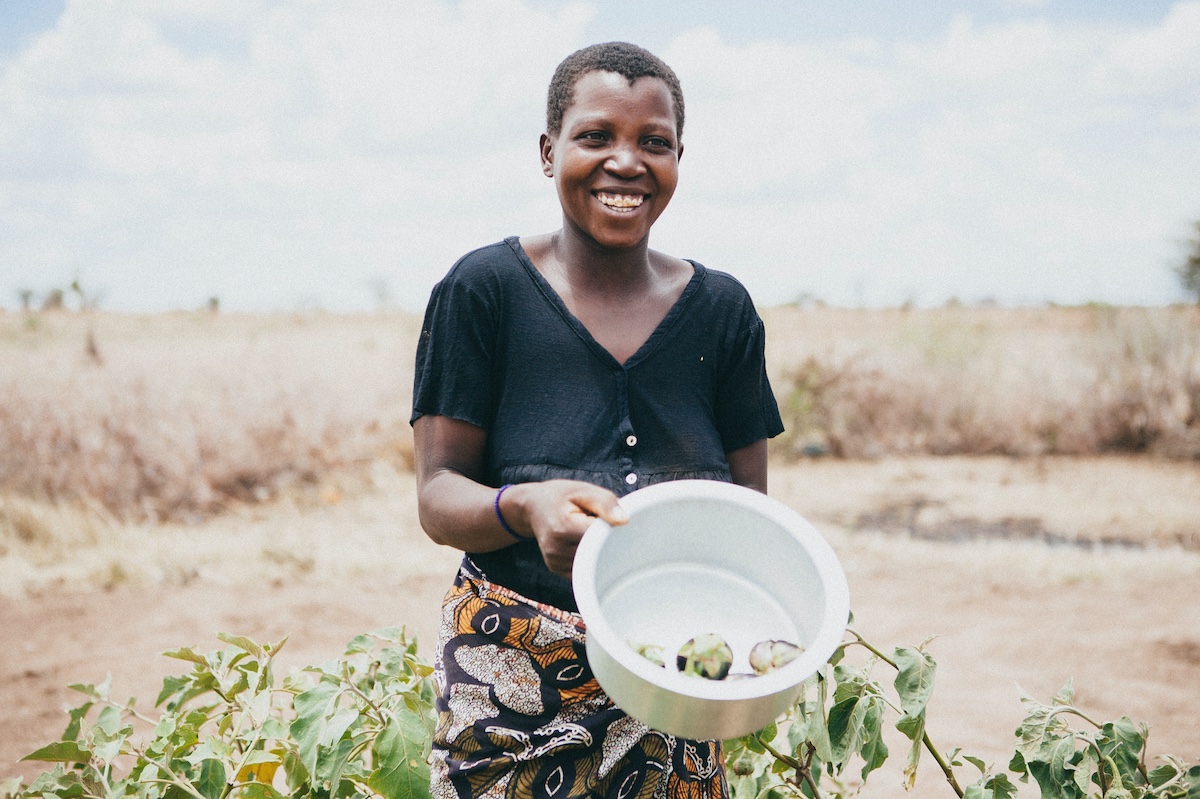
13 Mar Gardens Of Hope
by Casey Schilperoort
“You will be like a well-watered garden, like a spring whose waters never fail.” Isaiah 58:11
These words from the prophet Isaiah are a beautiful promise. But in the dry and dusty village of Mwamalili, this imagery feels strange and out of reach. Droughts threaten water supplies and cloudless skies stretch on for months. Entire fields lay cracked and waiting, like the lips of hungry children longing for a harvest that is not yet ready.
This community has a long history of farming and cattle-raising, and also of seasonal hunger. Unpredictable rainfall, low soil fertility, and low-quality seeds are factors which seriously threaten food security. January through March is known locally as “Hunger Season” because the food stored up from last season’s harvest is depleted before the next harvest comes. Most families try to survive on one meal a day. Some go a day or even two between meals.
But today, thanks to the work of Lahash’s partner ministry Path Of Hope, you can see bright patches of green scattered across the sun-scorched landscape. Path Of Hope Children’s Ministry was founded to help meet the physical and spiritual needs of extremely vulnerable children in the area. At the request of local families, they helped launch a small pilot project that provided hands-on training in conservation farming techniques, organic vegetable gardening, and rainwater collection. Soon kitchen gardens sprouted up around the village, remaining green even in the driest months.
The family of Mrs. Emmanuel Mungo was one of the first beneficiaries of this program. “I thank God I am a part of this project,” she said. “In the past, I used to buy green vegetables and tomatoes far out near the river. Today I have my own gardens, and I don’t have to wait for the rains before I can plant. I use fresh vegetables from my garden for food at home. And I have been harvesting and selling surplus tomatoes!”
As the gardens grew, so did interest in the project. When Path Of Hope proposed expanding it to include all the families and children they serve in Mwamalili, Rice & Beans Month funds were set aside to do just that!

“The church chose not to work for the community, but rather to work with the community to enhance local ownership and sustainability of the projects,” explains Saggiah Wright, the Project Coordinator. The families provided the materials and labor to construct their own gardens close to home kitchens. “Waste water is used to irrigate plants in the vegetable garden, so they can thrive well during the dry season,” Wright explains. “A cover of heavy mulch does not allow growth of weeds and ensures water retention.”
“I am very hopeful about this garden,” says Ng’waru, a single mother carefully tending her first plantings. “If the garden does very well, I will be able to harvest enough vegetables to feed my family and have others to sell. With that money, I can buy school supplies for my children.”
Saggiah and his wife, Enrica, are now staff members on the Lahash East Africa team. Saggiah is thankful to know that the gardens carry on, and families are harvesting vegetables like tomatoes, spinach, and cabbage during seasons when they typically would have gone hungry. “This was like a miracle for this village,” explains Saggiah. “In years past they were not able to grow green vegetables in the dry season. But through this project they are able to, and the vegetables are thriving well.”
As we choose to eat less during Rice & Beans Month, it is sobering to remember that Hunger Season forces our friends in Tanzania to do the same, but under much harsher conditions. Our sacrifice and their hard work is changing that.
In Isaiah 58, the prophet proclaims that when we care for the poor and hungry in our community, our light will rise, the water will flow, and the gardens will thrive. This promise is seen in the patches of bright green sprouting up throughout Mwamalili village. Scattered in among the vegetables, you’ll find that something else is also growing. Hope.




